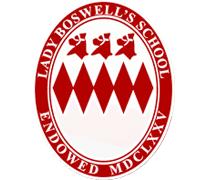
YEAR R INFORMATION EVENING 1. Kate Phillips, Chair of Governors Welcome, History, Governance, Vision & Values 2. Sharon Saunders & Hannah Pullen, Headteachers Life at Lady Boswell’s 3. Natasha Wyatt, Head of EYFS and Year R Class Teacher, Sally Mollison and Sarah O’Prey, Year R Class Teachers Life in Year R, Phonics & Tapestry 13 September 2022
Founded in 1675, Lady Boswell’s is reputedly the oldest primary school in Britain.

Lady Margaret Boswell, a great benefactress of Sevenoaks, left a bequest to pay a schoolmaster to educate 12 poor scholars of the town.
150 years later the first school building was built in London Road and in 1972 the school moved to its current site.
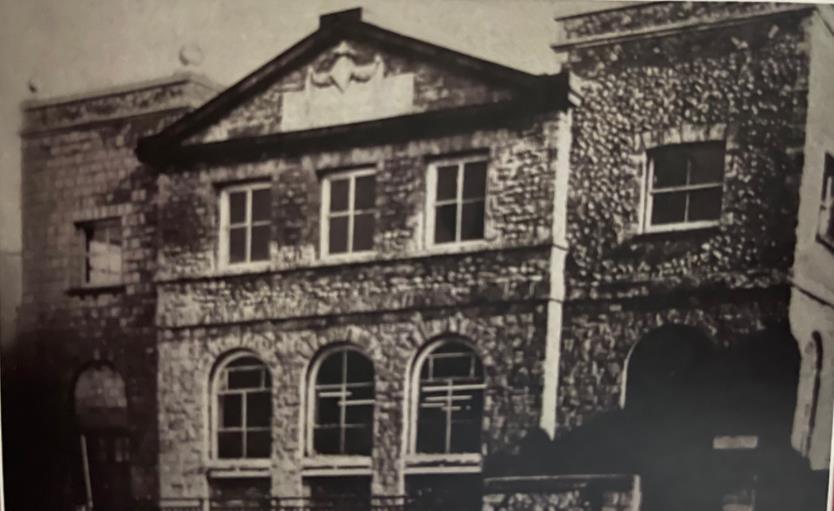
History
Governing Body
Three core functions:
1. Strategy - setting vision, ethos and strategic direction
2. Education - holding head teacher to account for educational performance
Board of Trustees

3. Finance - overseeing financial performance and ensuring money well spent
• Management of Lady Margaret Boswell’s trust fund
Governance
The Governors
Foundation Governors
Non-Foundation Governors
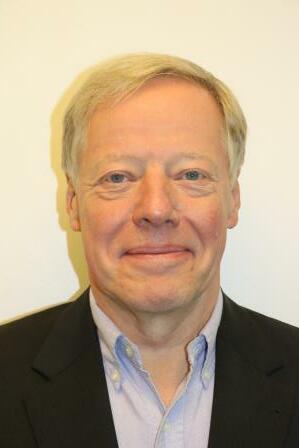

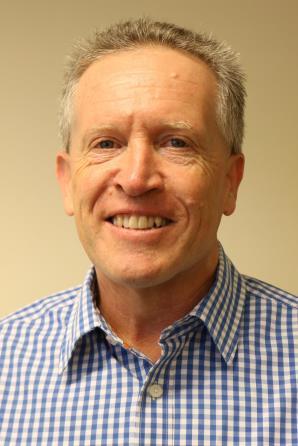
Kinvara Rogers
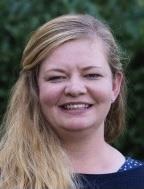

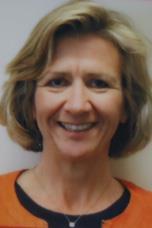

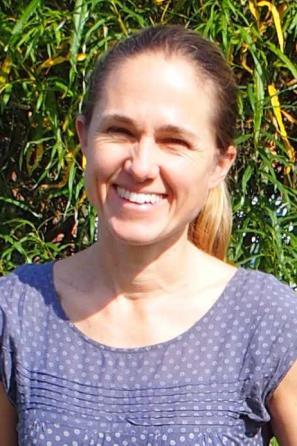
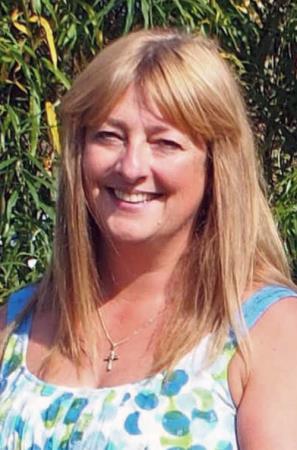



 Chris Kangis
Parent Governor
Philip Wood Vice Chair
Hannah Blake ex officio
Sharon Saunders ex officio
John Moulton
Emma WatsonKate Phillips Chair
Parent Governor
Andrew Carpenter Diane McKenzie-Boyle
Rebecca Johnson Staff Governor
Cindy von Kaufmann
Hannah Pullen ex officio
Chris Kangis
Parent Governor
Philip Wood Vice Chair
Hannah Blake ex officio
Sharon Saunders ex officio
John Moulton
Emma WatsonKate Phillips Chair
Parent Governor
Andrew Carpenter Diane McKenzie-Boyle
Rebecca Johnson Staff Governor
Cindy von Kaufmann
Hannah Pullen ex officio
Christ is at the centre of our School.
As a result our children will …
• Develop a positive sense of well-being, a high self esteem and become articulate and confident to make the right choices and keep themselves safe in an ever-changing society
We value every member of our community as a unique child of God and seek to demonstrate His love through our words and actions as we enable every child to achieve their full potential so that they leave us with their heads inspired and their hearts enriched.
• Try their best at all times and will have a thirst for knowledge and a love of learning, both on their own and as a member of a team
• Develop the skills for lifelong learning by being resilient, resourceful and reflective, confident to take risks and face challenges
• Forgive others readily, becoming sharing, caring and responsible citizens
• Grow in spiritual awareness and develop a deeper knowledge and understanding of the Christian faith in a multi-faith British society
• Respect diversity and become tolerant individuals who are concerned for the needs of each other, the school, the local community, the world, and the planet
School Vision

School Values



Our Motto LEARNING TOGETHER - CHRIST AT THE CENTRE - LEARNING FOR LIFE
Ofsted
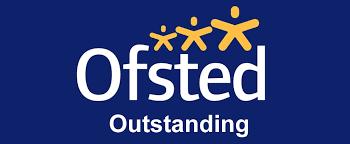
Pupils who attend Lady Boswell’s are rightly proud of this exceptional school. Parents describe the school as ‘kind, nurturing and caring 'and as ‘a place where teachers unlock motivation to learn’ .
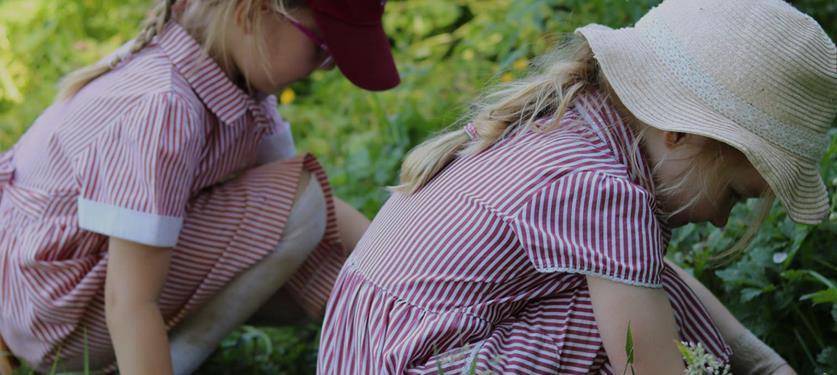
Pupils demonstrate that Christian values are at the heart of the school when they say that everyone is equal and treated in the same way.
Pupils are extremely trusting of the staff who they say are excellent role models.
Pupils thrive at this school. They enjoy learning and know the importance of concentrating in lessons.
A Rich Curriculum
We want our children to be the very best that they can be. We therefore pledge to provide a rich educational experience so that every student is able to make excellent progress, whatever their starting point may be.
We strive to ensure all our children achieve their academic potential but also ensure that our curriculum supports our pupils to be resilient, courageous, effective leaders, responsible global citizens and creative. Our children develop a deep understanding of the Christian faith and a strong moral compass.
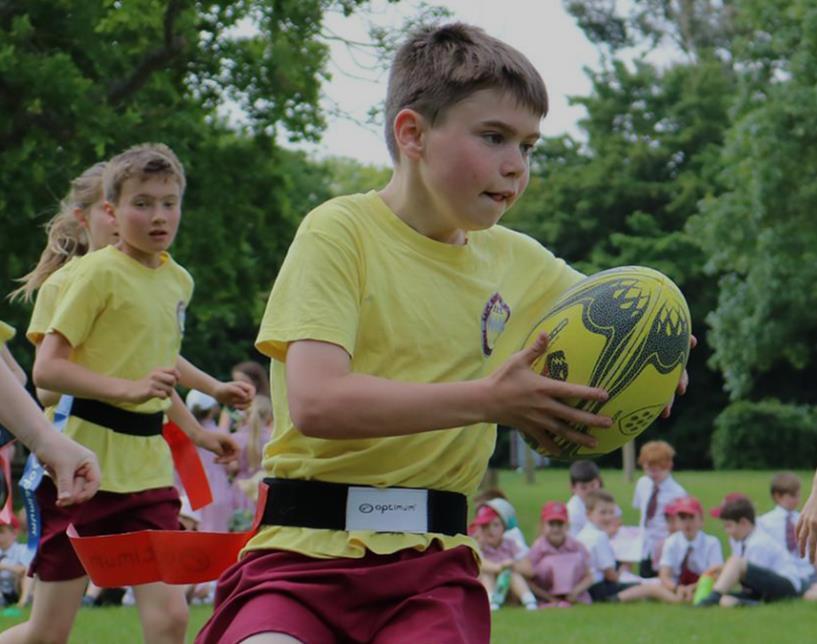

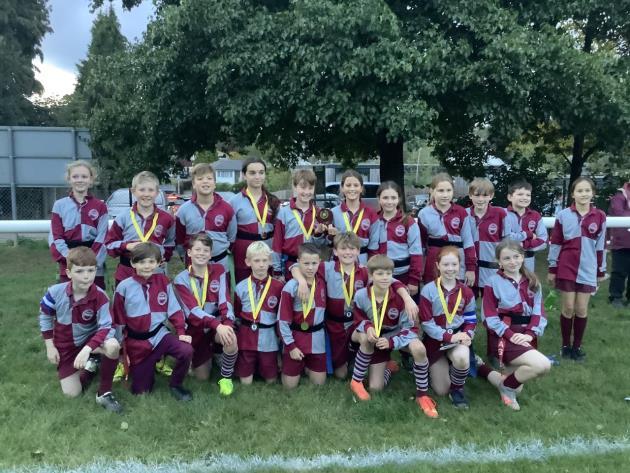
Wellbeing, Resilience and Nurture

If children are settled and happy they will thrive and learn effectively.

However, there may be times when children need a little additional support to achieve high levels of wellbeing. Our team are led by Mrs Harman and can offer help and support children as and when they need it. We can carry out assessments and create bespoke programmes reflecting the individual needs of your child.
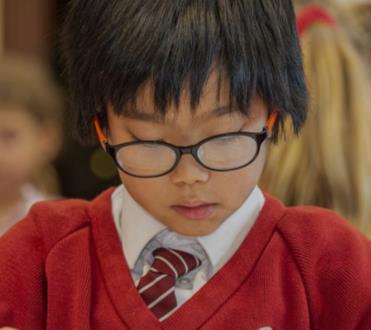
Education is a Partnership
Child School Home
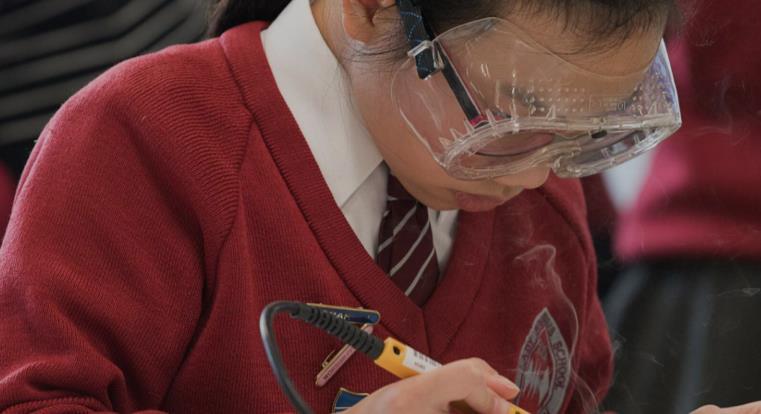

High Expectations Behaviour – based on our Christian Values Effort Quality of Work Punctuality – coming to school on time Attendance –The highest achieving children generally have the highest attendance. Uniform – Neatness and Presentation (PE kit and School uniform)

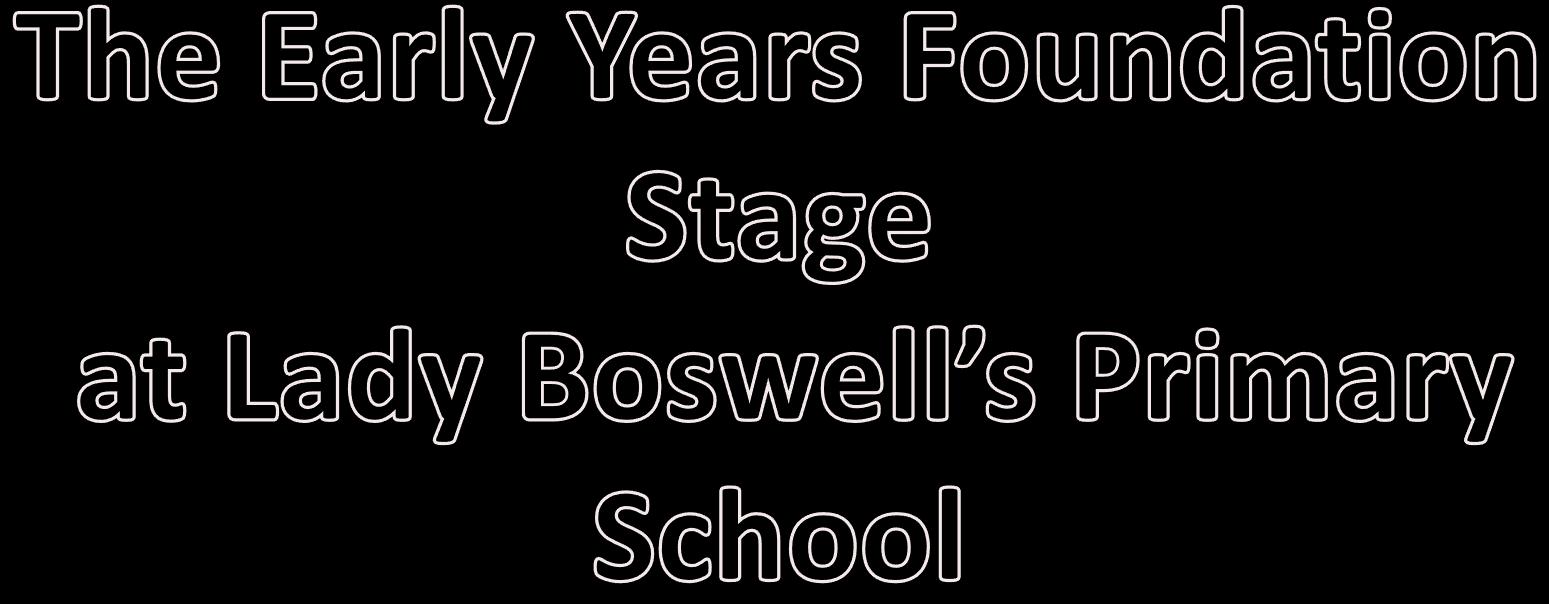

It is during this year we put in place the foundations for life long learning.

If children are settled and happy during the Reception year then the teaching of the following key skills can begin:













At Lady Boswell’s we believe that a positive Reception year is essential for our children’s progress and development
Curiosity and Awe Collaboration Communication Compassion Confidence Creativity









The EYFS Curriculum • This is different to the Curriculum for children in Years 1 6 • It is divided into 3 ‘Prime’ areas of learning and 4 ‘Specific’ areas of learning • The Curriculum was reviewed and updated for the academic year 2021/22, so is slightly different to what you may have experienced if you have an older child who recently went through reception.



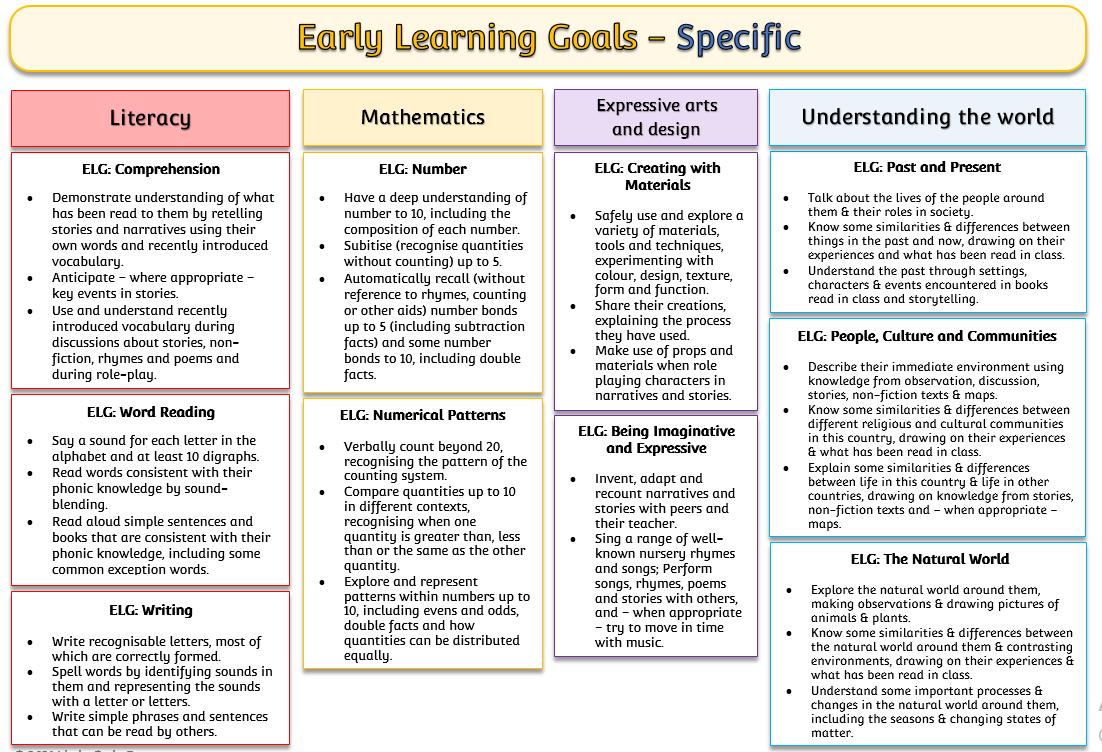
How are your children taught?
There are several different teaching and learning approaches we use every day at Lady Boswell’s
Child initiated: The action of a child choosing to extend, repeat or explore an activity. This activity may or may not have been introduced or prompted by an adult. It is the child’s innovation within or of the activity which is important and relevant to child initiation. An adult may be present and may be supportive but not directive. For example an adult may be supporting the child to realise an idea by providing necessary resources, or by engaging in thought provoking conversation. Child initiated activity and exploration
provides an important insight into the depth of a child’s learning. When learning is fully mastered the child is able and motivated to employ that learning unprompted.
Self initiated: An activity wholly decided on by the child and that is the result of an intrinsic motivation to explore a project or express an idea. In doing this the child may make use of a variety of resources and demonstrate a complex range of knowledge, skills and understanding.

Teacher directed: An input defined, structured and delivered by an adult to a child or group of children, usually whole class. It focuses on the direct teaching of skills and knowledge with a specific objective in mind.

Teacher-led: An activity defined by an adult that focuses on a specific objective that the child may complete independently or with adult support.
Sustained shared thinking: a learning activity which occurs when two or more individuals 'work together' in an intellectual way to solve a problem, clarify a concept, evaluate an activity, extend a narrative etc.
Our Timetable
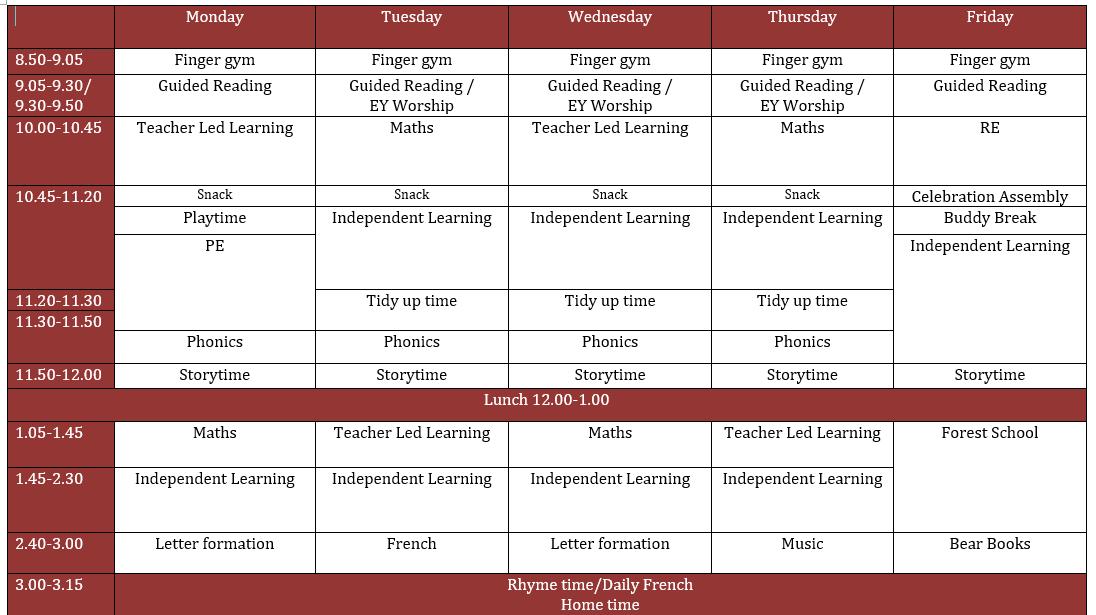

Teacher Directed learning

These sessions are pre-planned activities led by a teacher . Objectives for these are taken from the development matters guidance.
A TD session begins as a whole class.
Across the week the Teacher or Teaching Assistant works with all the children in smaller targeted groups.
These sessions are designed to teach children key skills and expand their existing body of knowledge
The children have to come and have a go at the activity… but they are all lots of fun
TD sessions are planned to cover objectives from each of the Curriculum areas of learning.
Both Teachers and Teaching Assistants teach TD sessions.
Half of our adult lead sessions generally happen inside and half happen in our outside learning zones

P.E, Guided Reading, Forest School and Phonics

P.E is a whole class Teacher Directed session. Sometimes it happens in the hall and sometimes it happens outside.
We have a Forest school session once a week on a Friday. Forest school is Teacher Led, we set up and guide children to different activities but encourage self exploration and investigation
Guided Reading is a Teacher Directed session. GR happens every morning (once the children are settled into their full time routine). Across the week the children read in a group with their teacher, the other class teacher and Tas as well as support from Parent helpers.
Phonics happens everyday for 30 minutes, there is a whole class input and some fun games and activities. We use an accredited phonics scheme; Little Wandle. This is a Teacher Directed time.


A little more about Phonics…

Phonics is the method used to segment the sounds in words for spelling and blend sounds for reading.
It is the link between letters (graphemes) and the sounds (phonemes) they make.
Phonics is simply the system of relationships between letters and sounds in a language.
The Phonics Scheme
The scheme we follow is called Little Wandle and is divided into five phases taught in reception and year 1, with each phase building on the skills and knowledge of previous learning.
In phonics, reading sounds made by different letters is taught alongside writing them and children are taught to form letters correctly. The sessions are fun and interactive with lots of games to keep the children motivated and engaged. Children are constantly encouraged to apply their phonics learning to their reading and writing in a variety of contexts throughout the day.


Phonics Vocabulary Phoneme – sound a letter makes Grapheme – written letter Blending – running sounds together to make a word Segmenting – breaking a word up into sounds CVC– consonant-vowel-consonant Digraph – one sound made by 2 letters Trigraph – one sound made by 3 letters Phonetically plausible – written phonetically that it can still be read althoughspelt incorrectly
Alongside
Tricky Words
the
made by

learning
sounds
letters children will learn to read “tricky” words. These are words which need to be learnt by sight. Tricky words for Phase 2 are: the, to, I, no, go
Alien Words shog feen joil meck





Helping at home
Enjoy a whole range of stories together.
Let your child see you reading.
Follow your child’s lead and find a quiet place.

Enjoyable shared experience – find the right time.
Play lots of games – spot the letter in stories, on signs, in shops.
Encourage your child to decode independently – if this is tricky, carry on reading to keep flow of story going.
Talk about the story as you read it (comprehension).
Helping at home
Sound buttons- when sounding out unfamiliarwords put sound buttons beneath the individual letter sounds and for digraphs and trigraphsuse sound sausages.

Independent Learning


This is our child initiated learning time
Independent Learning is a time for hands on exploration, investigation, collaboration and learning through play
Our Teachers work alongside our children as partners in play, skilfully developing the children’s next steps for learning
The children can learn wherever they want in the Reception unit, this means they can use any of the inside or outside areas in the EYFS area.

We provide a wealth of resources and provocations for our children to use in Independent Learning, to inspire and motivate their development.
We encourage children to collaborate with each other to evolve their own learning opportunities
During Independent Learning we take time to work closely alongside our children to assess them, working out how to help them make progress and grow
CONTINUOUS PROVISION



In Independent Learning, there are a number of resources available all the time for children to use whenever and for whatever they like. We are always adding to our resources.






Remember children are creative genius’ and what looks like junk is treasure to them; a cardboard box can be a million things if you open your mind


ENHANCED PROVISION


Sometimes our children struggle to find something to learn all on their own
Enhanced provisions provide topic based starting points and challenges for different subject areas from which the children can build their own learning experiences. The children have access to enhanced provision in both the inside and outside environments.


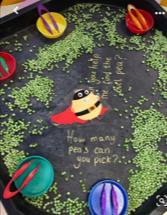

How will we assess the children’s progress?
We use a document called ‘Development Matters’ to help us to understand whether your child is making good progress throughout the year in each of the 7 areas of the curriculum
When your child learns, explores or experiences something new we will record it in a Learning Journal. This will be either a physical learning journal or via their online learning journal.

Getting Started- website
Website address:

You should be receiving log in details over the next few days.

https://tapestryjournal.com/

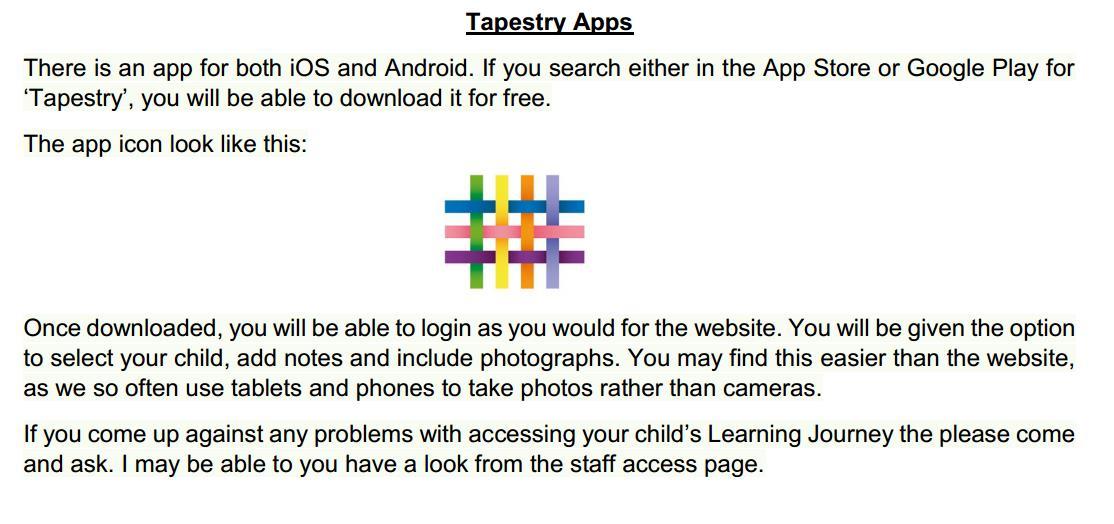
How will we assess the children’s progress?
Each term we will look at the all the evidence we have collected, including special moments shared from home and decide as an overall best fit judgement whether your child is

• Meeting the expectations (doing everything as expected)
• Needing a bit more support or guidance in this area, or




























• Doing more than is expected at this stage

term
How will we inform you?

keep
up to date with the
child is making.
Parent Consultation Day Tuesday 3rd January 2023 Interim Reports will be sent home once every big
to
you
progress your


